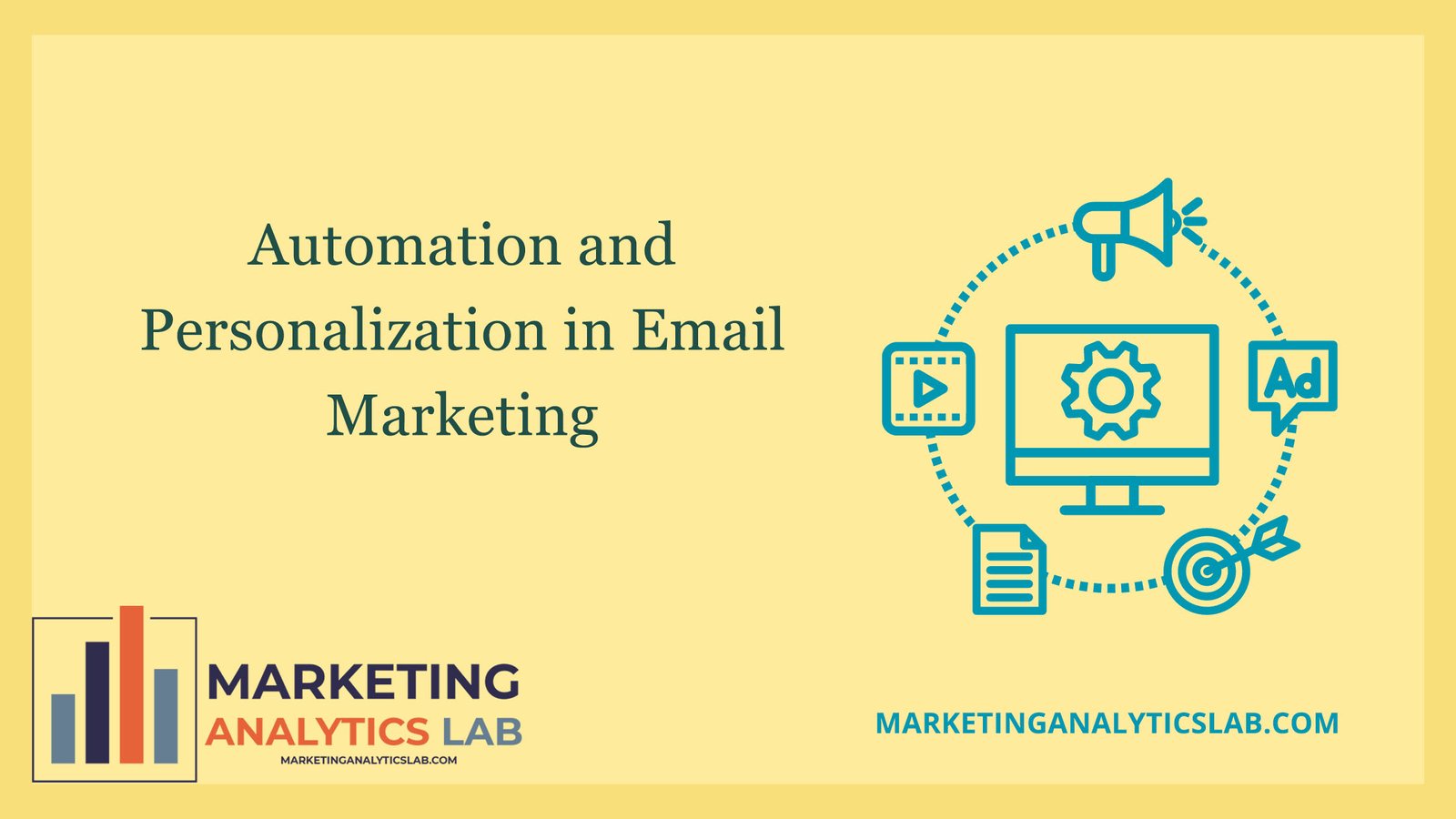The Importance of Automation in Email Marketing
Automation in email marketing is crucial for businesses looking to streamline their communication efforts and effectively reach their target audience. With automation tools, companies can schedule and send personalized emails to their subscribers based on specific triggers or actions taken by the recipient. This not only saves time and resources, but also ensures that the right message is delivered to the right person at the right time. By automating email campaigns, businesses can nurture leads, increase customer retention, and drive conversions.
One of the key benefits of automation in email marketing is its ability to deliver relevant and timely content to subscribers. By setting up automated workflows, businesses can send out targeted emails based on customer behavior, preferences, and interactions with the brand. For example, if a customer abandons their shopping cart, a triggered email can be sent to remind them to complete their purchase. This level of personalization can significantly improve engagement rates and ultimately lead to increased sales and revenue.
In addition to saving time and resources, automation can also help businesses track and measure the success of their email campaigns more effectively. By analyzing key metrics such as open rates, click-through rates, and conversion rates, businesses can gain valuable insights into what is working and what needs improvement. This data-driven approach enables businesses to make informed decisions about their email marketing strategy and optimize their campaigns for better results. Overall, automation plays a crucial role in helping businesses stay competitive in today’s digital landscape.
Enhancing Customer Engagement through Personalization
Personalization is a powerful tool in email marketing that allows businesses to tailor their messages to individual recipients based on their preferences, behavior, and demographics. By personalizing emails, businesses can create a more meaningful and relevant experience for their subscribers, ultimately leading to higher engagement and conversion rates. Personalized emails are more likely to resonate with recipients and drive them to take the desired action, whether it’s making a purchase, signing up for a webinar, or simply engaging with the brand.
One effective way to enhance customer engagement through personalization is by segmenting your email list based on different criteria such as demographics, purchase history, and engagement level. By dividing your subscribers into targeted segments, you can send more relevant and personalized content to each group, increasing the chances of conversion. For example, you can send exclusive offers to loyal customers, while sending product recommendations to new subscribers based on their previous purchases. This level of customization can help build stronger relationships with customers and drive loyalty to the brand.
Another key aspect of personalization in email marketing is dynamic content, which allows businesses to show different content to different recipients within the same email. By using dynamic content blocks, businesses can tailor their messages based on the recipient’s preferences or behavior, making the email more relevant and engaging. For example, an e-commerce company can showcase products based on the recipient’s browsing history or previous purchases, increasing the likelihood of a conversion. Overall, personalization in email marketing is essential for businesses looking to stand out in a crowded inbox and drive meaningful interactions with their subscribers.

